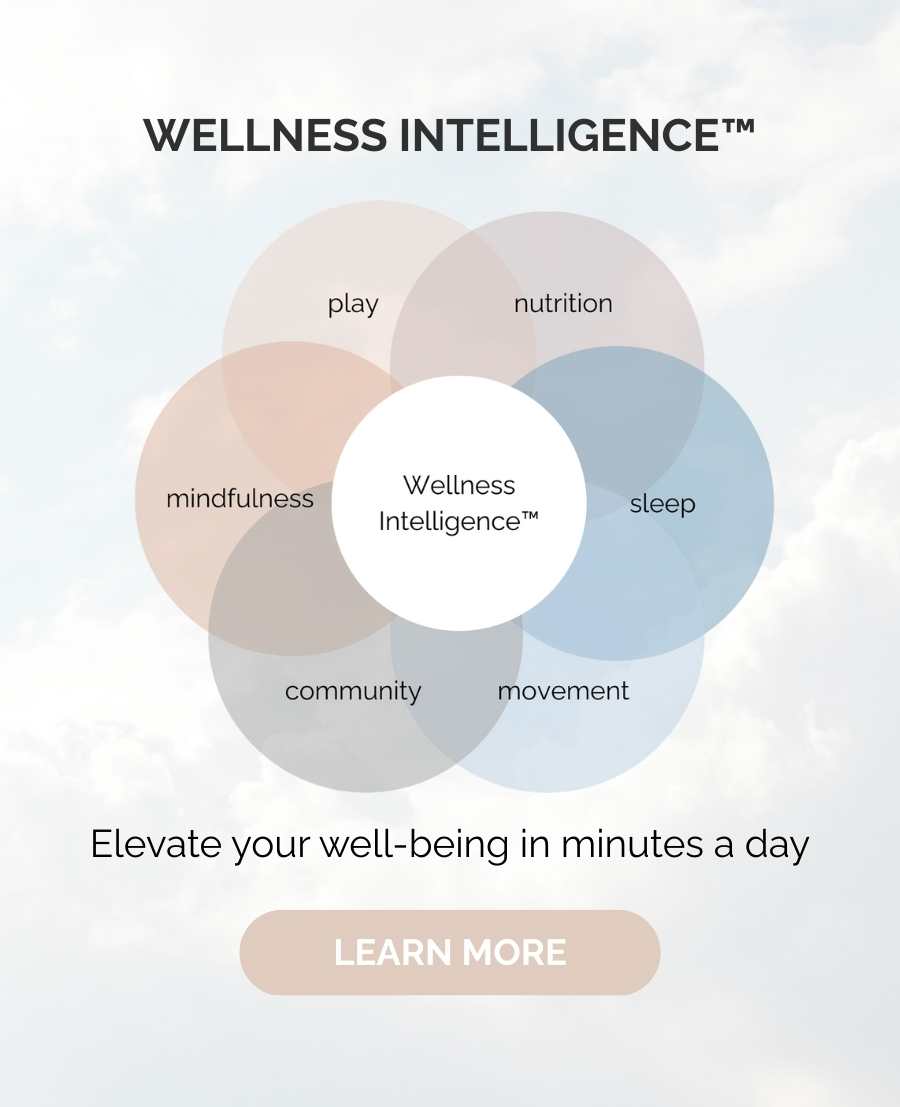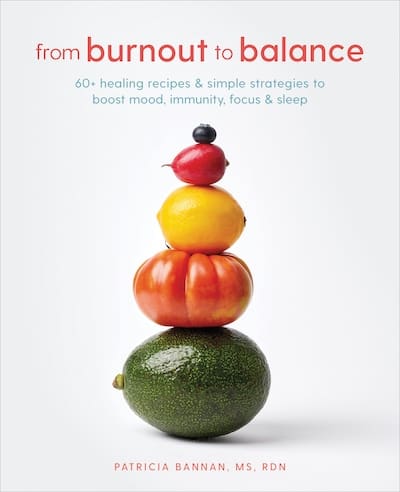Here are seven simple ways to help relieve stress quickly — even on your busiest days — with work, family, and personal demands.
De-stressing doesn’t have to be complicated or time-consuming. Life pulls us in a million directions. As a busy mom, nutrition professional, and business owner, I’ve had my fair share of moments when I’ve needed a reset and fast. The good news? Even just five minutes can make a difference in how you feel, think, and function.
Why Fast Stress Relief Matters — Especially For Women
Stress shows up differently for everyone, but women in particular often carry the weight of others’ needs — at work, at home, and everywhere in between. It’s also important to understand the differences between stress and burnout.
Some of the most common signs of stress in women include:
- Fatigue or low energy
- Trouble sleeping or headaches
- Mood swings, irritability, or anxiety
- Cravings for sugar or salty foods
- Digestive issues like bloating or discomfort
- Feeling overwhelmed or forgetful
Sound familiar? You’re not alone. Chronic stress doesn’t just affect how we feel — it can impact our heart health, hormones, immunity, and even weight. That’s why it’s so important to recognize the signs early and have simple tools ready to help you feel better.
How to Handle Stress at Work
Work stress is real — and often relentless. From back-to-back meetings to never-ending emails, it can feel like there’s no room to breathe. But making space to pause, even for just five minutes, isn’t a luxury — it’s a necessity.
When you take even a few intentional minutes to reset, you’re not just easing the stress of the moment — you’re building resilience for the long haul. Whether at work or home, these quick strategies can help you stay grounded, clear-headed, and in control. Because you don’t need an hour to feel better. Sometimes, five minutes is all it takes.
1. Adopt a Breathing Technique

Try this 4-7-8 breathing technique:
- Inhale through your nose for 4 seconds
- Hold for 7 seconds
- Exhale slowly through your mouth for 8 seconds
Repeat 3 to 10 times.
I recently used this when I felt stress creeping in before a big presentation. Just three rounds helped calm my heart rate and bring clarity before stepping into the room.
2. Take a Walk

Walking outdoors is best, but don’t overthink it. Take a lap around your home, step outside with your dog, or even walk in place between meetings. The goal is to move your body and shift your energy.
When I’m working from home and hit a slump, I step out for a loop around the block. That mini break often gives me a fresh burst of creativity and patience (especially before after-school chaos begins!).
3. Sip Some Tea

👉 Curious about more tea benefits? Explore 10 Everyday Ailments Soothed by Tea.
4. Channel Your Senses

When a walk or breathing exercise isn’t possible, this quick shift in attention can help lower stress. You can spend time on just one sense or briefly notice them all.
Try this simple sensory scan:
- What do you see around you?
- What do you hear right now?
- What textures can you feel?
- What scents are in the air?
By engaging your senses, you redirect your mind from worry to the present—an easy, effective way to relieve stress anywhere. This is my go-to when I’m waiting in line or stuck in traffic.
5. Change Your Environment

Try:
- Stepping away from your screen
- Going outside for fresh air
- Doing a quick stretch
- Moving to another room to reset your mindset
Another way you can change your environment is by readjusting your work-life balance or your physical workspace. Are you taking on too many tasks? Learn how to say “no” if you tend to take on more than you can handle, and don’t be afraid to be vocal when it gets to be too much.
You can also add things to your workspace that support de-stressing. Use a diffuser to add soothing scents like lavender to the air while you work, or add a small plant to your office for a pop of color and freshness. Creating a work environment that is pleasant and calming can help stop stress before it even starts.
6. Meditate and Calm the Mind

There are many different methods of meditation that can be practiced, including guided, mantra, and mindfulness meditation.
Start small:
- Try a 5-minute guided meditation on an app
- Repeat a calming mantra
- Or simply sit quietly and focus on your breath
Try different meditation styles to find the one you enjoy most or that helps you de-stress best. Each type centers on focused attention, relaxed breathing, a comfortable posture, and an open mind. With regular practice, meditation becomes easier and can help keep your daily stress levels more manageable.
7. Reach Out and Connect

In fact, research shows that feeling connected to others helps regulate cortisol and boosts resilience. Even short moments of connection—like a friendly wave or sharing a laugh—can ease tension, uplift your mood, and remind you that you’re not alone. So when stress creeps in, take a moment to connect. It may be just what your body and mind need.
Which Strategy Will You Try First?
Stress doesn’t have to derail your day. These quick, simple practices can help bring calm, clarity, and control back into your life — in five minutes or less.
Start with just one. Breathe. Walk. Sip tea. Your nervous system will thank you.
Your well-being matters—especially on the busiest days. Explore my Wellness Ingelligence™ offerings for stress-reducing tools you can use in minutes a day.







